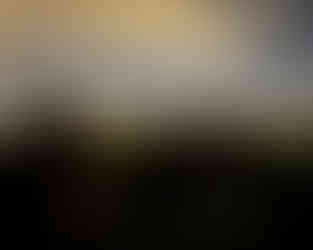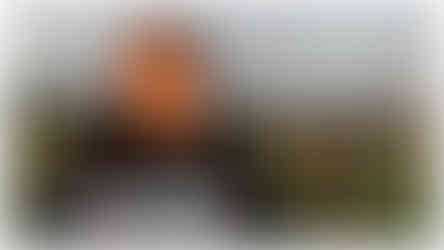Not the Comet of the Century, but a Night to Remember - Blackheath, 12 October 2024
- Mike Meynell

- Oct 12, 2024
- 3 min read
The evening started off with quite the excitement as we prepared for the much-hyped appearance of Comet C/2023 A3 (Tsuchinshan-Atlas). We were joined by an ITV National News crew, who had come to record an interview about the comet. As the only one foolish enough to volunteer, I found myself in front of the camera, talking about how to spot the comet. My sceptical remark about it not being the “comet of the century” was swiftly edited out in the final cut, which aired during their live broadcast just minutes later. At least I managed to get across how to find it!

By the time our volunteers had arrived – Tony, Alec, Tej, Phil, Yvonne, Mark, Matt, Les, Richard, Tim and Adrian – the site was buzzing, and the ribbing about my TV appearance had already begun. Talk of signing agents and national stardom kept things light!
By 6:45pm, we had a steady flow of visitors. Everyone was eagerly hoping to catch a glimpse of the comet. Tony and I were frantically scanning the western horizon with binoculars, knowing the comet was rapidly sinking, and of course, a patch of cloud was parked right where it was supposed to be. Around 7pm, Tony thought he had it, but by the time I got to his binoculars, the clouds had swallowed it up again.

By 7:15pm, the comet was so low on the horizon that we almost gave up hope – but then, with his typical flair for finding things, Tony called out, “I’ve got it!” I rushed over, and there it was: a faint “smudge,” as Phil aptly described it, but with a visible tail. Not exactly a celestial spectacle, but clearly a comet. A queue quickly formed at Tony’s binoculars, and even the ITV crew seemed pleased to have caught the “smudge” on camera. I might have been right in my doubts about the “comet of the century,” but alas, that part didn’t make it to air!

With the comet excitement over, we switched focus to the 70% illuminated Moon and Saturn, both looking magnificent in the clear, dark skies. We had well over 100 visitors throughout the evening, making it one of our busiest sessions yet.

My Smartscope was busy tracking the M31 Andromeda Galaxy, M27 Dumbbell Nebula, and M57 Ring Nebula, while Adrian worked to tame his new Vespera Pro Smartscope, successfully capturing some images of Andromeda. It was great chatting with visitors who gathered around our tablet screens, fascinated by the real-time images we were capturing.

At around 8:15pm, thick clouds rolled in, and some visitors decided to call it a night. However, a hardy group stuck around, and they were rewarded when the skies cleared just after 9pm, giving us another hour of stellar viewing.
By this point, Jupiter had risen, though the view was a bit wobbly through Phil and Mark's scopes, thanks to the increasing wind and low altitude. I finished my imaging with a focus on the M2 Globular Cluster, just before the wind really picked up.
As 10pm came and went, only a few hardcore observers were left standing. With the wind howling, we decided to pack up, but not before marvelling at what had been one of our most memorable sessions yet.
This was our fourth successful Blackheath session in a row, and it’s one we won’t forget anytime soon. Next up is 2 November, with weather back-up dates on 3, 9, and 10 November.
Clear skies!









































Comments